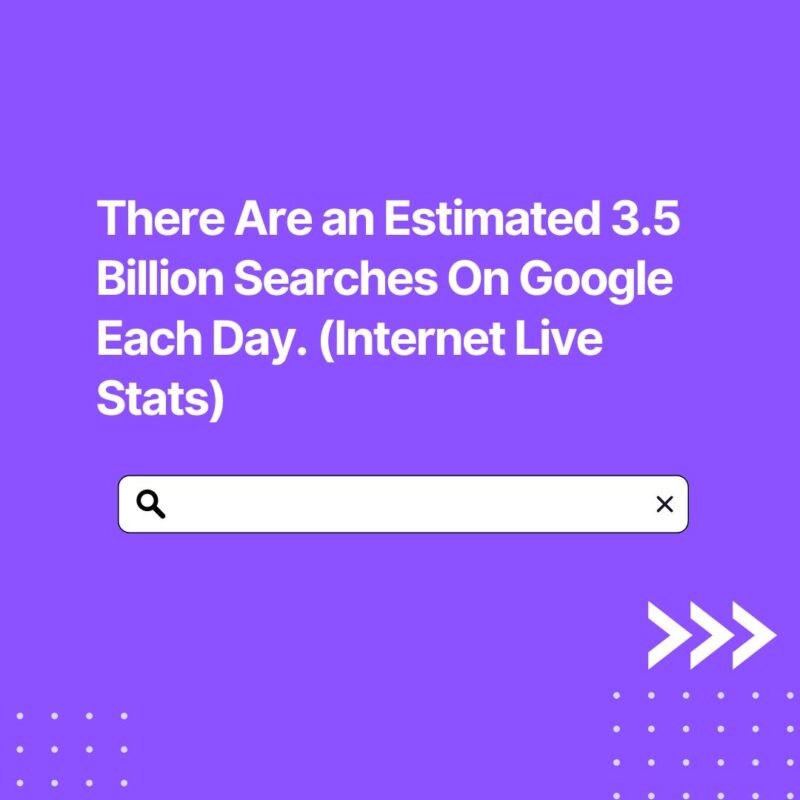In the ever-evolving realm of search engine optimization (SEO), on-page optimization stands as the cornerstone of a successful digital strategy. As businesses strive to climb the ranks of search engine results and capture the attention of their target audience, avoiding common on-page SEO mistakes becomes paramount. In this comprehensive guide, we will delve into the intricacies of on-page SEO and highlight the key mistakes to steer clear of to maximize your online visibility and impact.
- Understanding On-Page SEO

On-page SEO refers to the optimization techniques employed directly on a website to enhance its visibility and ranking on search engines. While it is a crucial component of any SEO strategy, several common mistakes can hinder a website’s performance. Let’s explore these pitfalls and discover how to avoid them.
2. Neglecting Keyword Research

Keywords are the foundation of on-page SEO. Neglecting thorough keyword research is a critical mistake that can significantly impact a website’s ability to rank well. Identify relevant keywords that align with your content and target audience. Utilize tools like Google Keyword Planner or SEMrush to uncover high-performing keywords and strategically integrate them into your content.
3. Ignoring Title Tags and Meta Descriptions

Title tags and meta descriptions are the first elements users see in search engine results, making them crucial for click-through rates. Failing to optimize these elements for relevant keywords or leaving them blank is a missed opportunity. Craft compelling title tags and meta descriptions that not only incorporate keywords but also entice users to click and explore your content.
Visit: tips for international seo
4. Overlooking Header Tags (H1, H2, H3, etc.)

Header tags provide a hierarchical structure to your content, making it easier for both users and search engines to understand. Neglecting to use header tags or using them incorrectly can impact the readability and SEO-friendliness of your content. Ensure a logical flow by utilizing H1 for main headings and H2, H3, etc., for subheadings, effectively organizing your content for improved user experience and search engine crawlers. Choose excellence for your digital journey – opt for the best SEO company in India. With a track record of delivering tangible results, we tailor our strategies to meet your unique needs, ensuring sustained growth in the competitive online landscape.

5. Slow Page Load Speed

In the fast-paced digital landscape, users demand speedy access to information. A slow-loading website not only frustrates visitors but also receives lower rankings from search engines. Compress images, leverage browser caching, and consider a content delivery network (CDN) to optimize your website’s loading speed. Google’s PageSpeed Insights can help identify areas for improvement.
Visit: strategies for content marketing
6. Poor Quality or Duplicate Content

Quality content is king in the world of SEO, and overlooking this aspect can be detrimental. Avoid thin, low-quality content that lacks value for users. Additionally, steer clear of duplicate content, as search engines penalize websites with identical or substantially similar content. Regularly audit your content to ensure uniqueness and relevance.
Visit: effects of poor marketing strategy
7. Unoptimized Images

Images play a crucial role in enhancing user engagement, but unoptimized images can slow down your website and affect SEO. Ensure images are appropriately sized and compressed without sacrificing quality. Add descriptive alt text to assist search engines in understanding the content of your images, improving accessibility, and potentially boosting rankings. Transform your online presence with the best SEO agency in India. Our data-driven strategies and commitment to excellence ensure that your business rises to the top of search engine rankings, driving sustained growth and visibility.
8. Ignoring Mobile Optimization

With the increasing prevalence of mobile device usage, optimizing your website for mobile is no longer optional. Ignoring mobile optimization can result in a poor user experience and lower search engine rankings. Implement responsive design, test your website on various devices, and prioritize a seamless mobile experience to cater to a diverse audience.
tips for customer journey mapping
9. Neglecting Internal Linking

Internal linking is an effective way to distribute link equity throughout your website and guide users to relevant content. Neglecting internal linking or using it haphazardly can hinder the flow of link equity and diminish the user experience. Strategically incorporate internal links to connect related content and enhance the overall structure of your website.
Visit: benefits of internal linking
Conclusion
In the vast landscape of digital marketing, on-page SEO remains a linchpin for achieving online success. By steering clear of common mistakes such as neglecting keyword research, ignoring title tags, overlooking header tags, tolerating slow page load speeds, producing poor-quality or duplicate content, neglecting image optimization, ignoring mobile responsiveness, and overlooking internal linking, you can position your website for optimal visibility and engagement.
In the pursuit of SEO excellence, a proactive approach to on-page optimization is indispensable. Regularly audit your website, stay informed about algorithm updates, and adapt your strategy to industry best practices. Remember, the success of your digital presence hinges on avoiding these on-page SEO mistakes, ensuring that your website not only ranks well but also delivers a seamless and valuable experience to your audience.
Why QuickSEO for Your Business?
- Indomitable SEO Strategies
- Higher Search Engine Rankings
- Fully Optimized Product Pages
- Increased Organic Traffic
- Expert Competitor Analysis
For more, You May Share Your SEO requirements in the Contact us Form Below!



